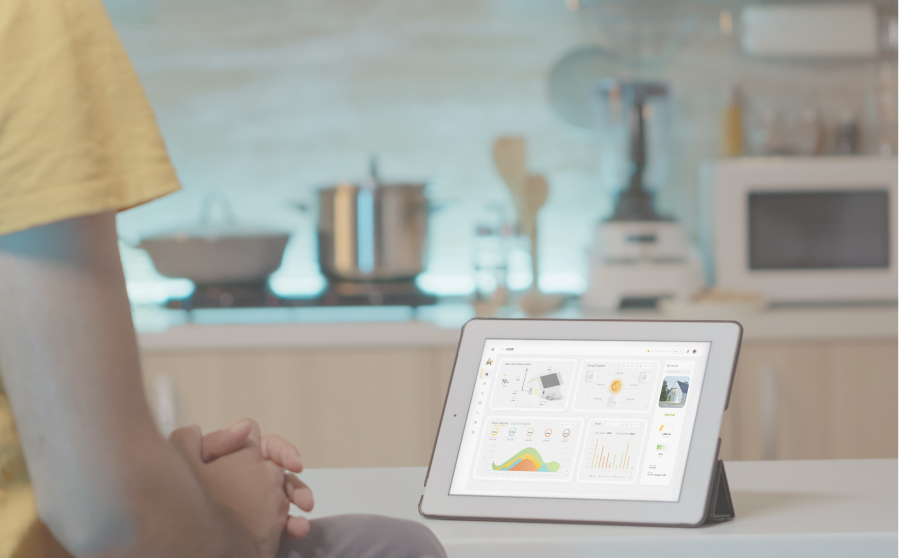Technology
- TTN New energy
- Why US
- Technology
Our Expertise
CORE TECHNOLOGY
Building a “Windows or Android System” within the Energy Sector ESS Covering Full Power Range / Power Facilities
Communication Control

Prediction

Scheduling

AI Algorithm

Big Data
Platform

Prediction

Scheduling

AI Algorithm

Big Data
Powering technological advancement
in the industry.
Committed to research and development, TTNergy Solar continues to set industry standards and benchmarks for performance and sustainability. We have been responsible for a number of global breakthroughs, with 24 world records for silicon cell efficiency and solar module power output since 2011.
TTNergy was the first company to receive Client Test Data Program (CTDP) certification from UL, allowing us to conduct cutting-edge research reliably on campus.
The safest chemistry LiFePO4
We use only LiFePO4 batteries to ensure our customers benefit from premium electrical characteristics while maintaining the highest safety standards.
The most robust cell types
To ensure long mechanical lifespans and safety, TTNergy never uses unreliable casing materials.
Global TIER 1 cell manufacturer
TTNergy selects a global TIER 1 cell manufacturer to provide high-quality and reliable batteries.

TTNergy
Energy Management & Monitoring Platform
Cellphone, Tablet, Laptop. Computer, Wherever you want to see!
The cloud management system is available to
When your solar panels generate energy, your home only uses the electricity you need at that moment. The surplus of solar energy is injected into the electricity network at that moment. At times when you need more electricity than you produce, you take so-called ‘grey power’ from the grid again.
A 1,000 Watt microwave oven running for one hour at maximum power will consume 1 kWh. The same is true for a 10 Watt LED bulb when lit for 100 hours. So a fully charged AlphaESS SMILE 5 energy storage system of 11.4 kWh will be able to run the above mentioned microwave oven for 11.4 hours and the LED bulb will be able to burn for 1140 hours.
TTNergy
In the event of a power failure, can I still supply my property?
In the event of a power outage, the TTNergy energy storage systems will serve as an emergency power supply thanks to its built-in UPS (Uninterrupted Power Supply). When a power outage occurs, the home battery can take over in less than 20 milliseconds and you might not even notice the light flickering.
Energy storage is needed on an industrial or grid scale for three main reasons. The first is to “balance load” – to shift energy consumption into the future, often by several hours – so that more existing generating capacity is used efficiently. The second reason is to “bridge” power – in other words, to ensure there is no break in service during the seconds-to-minutes required to switch from one power generation source to another. Finally, power quality management – the control of voltage and frequency to avoid damaging sensitive equipment – is an increasing concern that storage can alleviate whenever needed, for a few seconds or less, many times each day.
Battery storage enables greater self-consumption of renewable energy from sources that are variable, such as solar power. Businesses that face difficulties in the reliability or capacity of their electricity supply can reap benefits from battery storage. Battery storage can also save on power costs by reducing the need to purchase electricity at times when it is most expensive.

